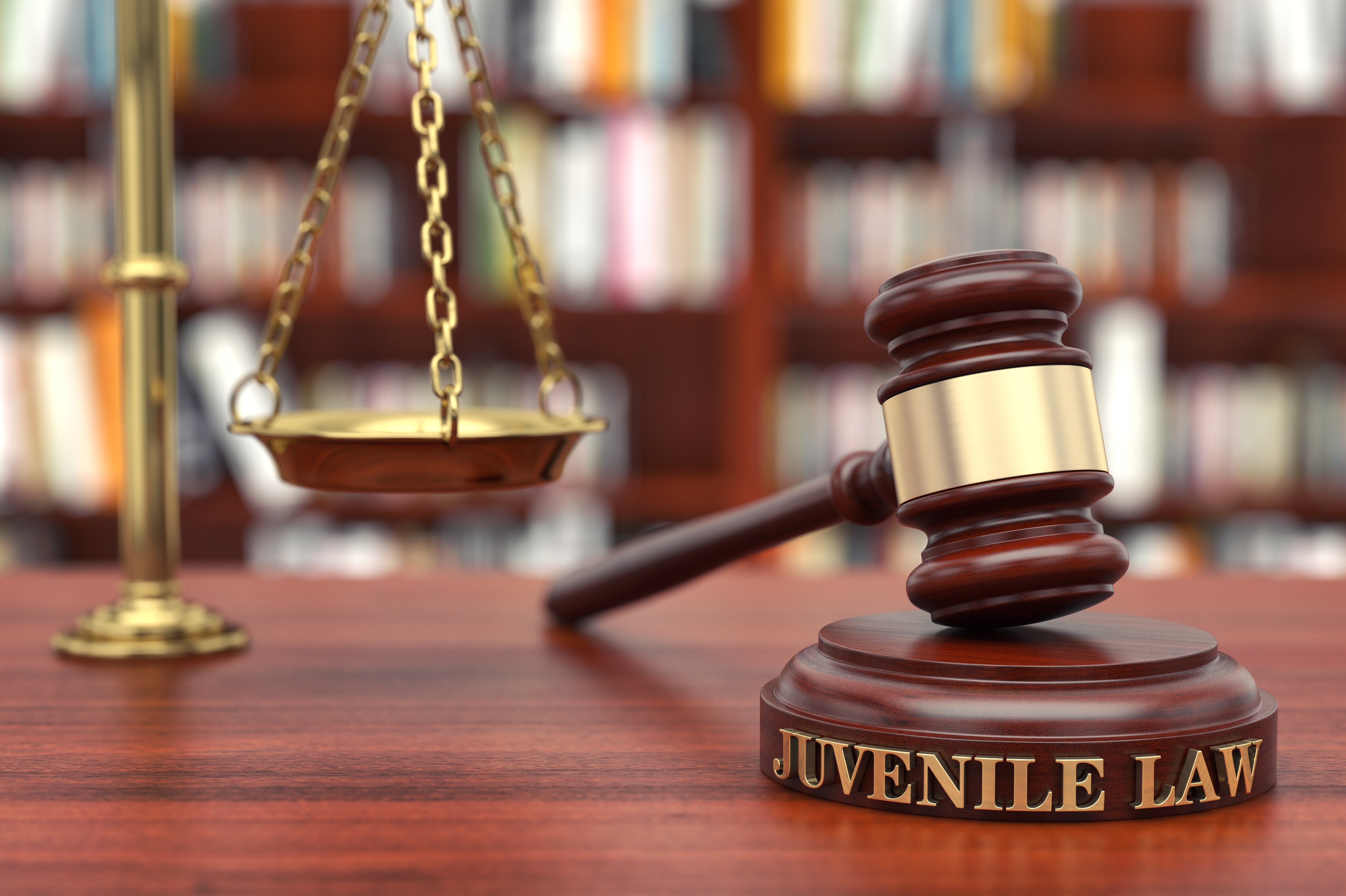 Juvenile probation is a form of sentencing that allows young offenders to remain in their communities while under the supervision of the court. During the probationary period, a juvenile may be required to follow certain terms or conditions.
Juvenile probation is a form of sentencing that allows young offenders to remain in their communities while under the supervision of the court. During the probationary period, a juvenile may be required to follow certain terms or conditions.
 Juvenile probation is a form of sentencing that allows young offenders to remain in their communities while under the supervision of the court. During the probationary period, a juvenile may be required to follow certain terms or conditions.
Juvenile probation is a form of sentencing that allows young offenders to remain in their communities while under the supervision of the court. During the probationary period, a juvenile may be required to follow certain terms or conditions.
Topics: Juvenile Justice Reform
Posted by MST Services

Violating curfew, running away from home, or skipping school may not be good choices, but are they actions that should land a minor in the justice system?
Topics: Juvenile Justice Reform
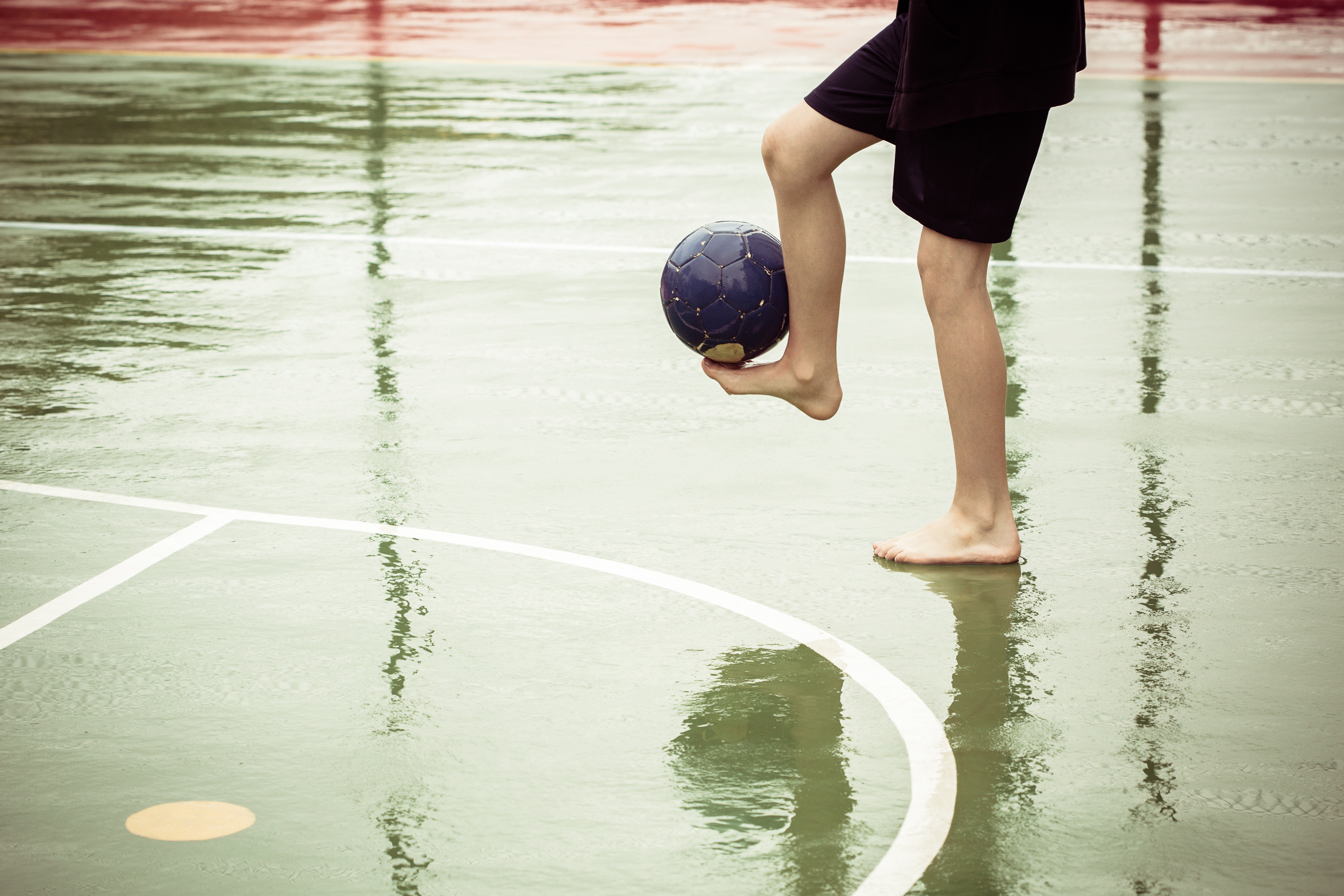
It’s hard to imagine that in a country like America there are children who suffer from the stress of not having enough to eat, a place to rest their heads at night, or how they will get to school. Even with all the programs developed by the federal government, poverty still takes a toll on a child’s quality of life.
Topics: Juvenile Justice Reform
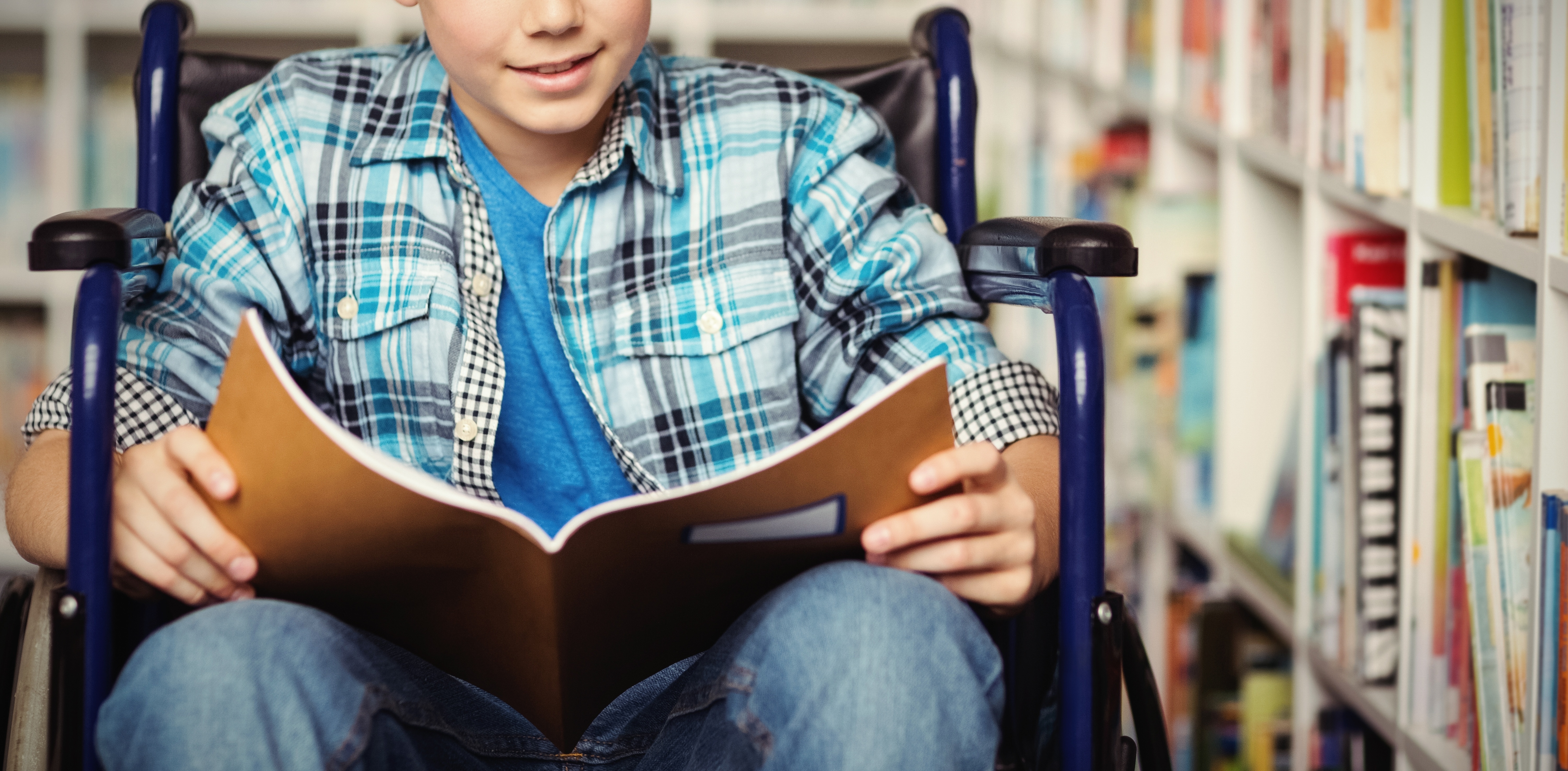 Recurrence of child abuse happens to young children, but there is a higher risk for recurring abuse and neglect for those children if they have special needs.
Recurrence of child abuse happens to young children, but there is a higher risk for recurring abuse and neglect for those children if they have special needs.
Topics: Child Welfare

An estimated 3 of every 4 victims of sex trafficking are girls or women. In the case of young female victims, they often share similar characteristics: they are homeless or runaways, victims of previous abuse, and often involved in the juvenile justice system.
Topics: Child Welfare
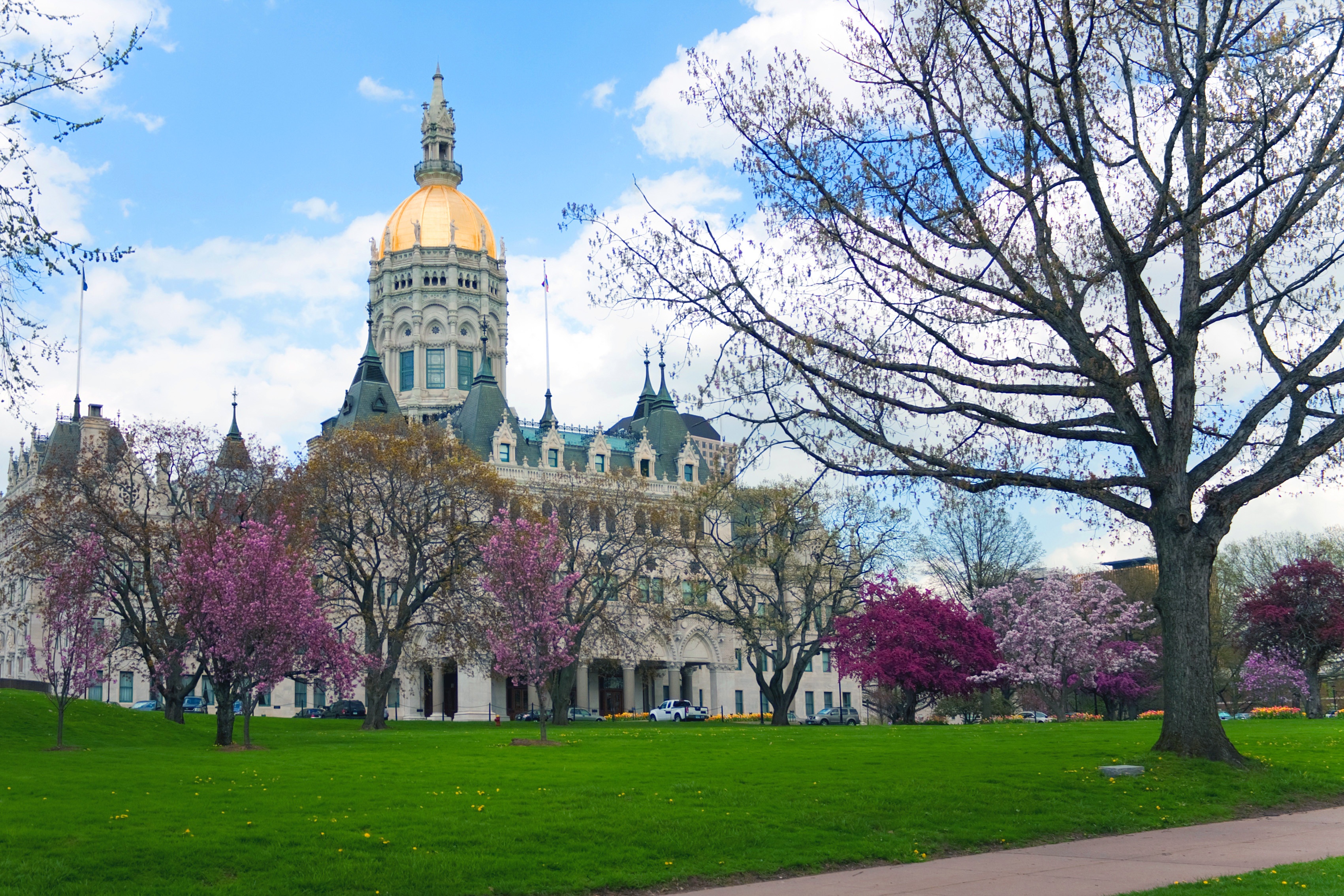
In the late 1990s and early 2000s, the state of Connecticut was grappling with a challenge that is quite familiar for state officials: many of their youth programs were not effective. In 2004, a report found that Connecticut’s services provided were often making youth worse off than they were prior to treatment. As a result, the Court Support Services Division (CSSD) began investigating alternative programs.
Topics: MST Success Stories

Although juvenile arrest rates nationwide are on the decline, that fact can be deceiving: in many communities, violent offenses are on the rise.
Topics: Troubled Youth

Louisiana was an early adopter of Multisystemic Therapy (MST). The initial wave of research on the treatment model caught the eye of researchers in the state, who were impressed with the outcomes reported and advocated for the state to adopt the model. In 1995, the first MST team was funded through a criminal justice grant, and over the years the model grew steadily, thanks largely to strong support for MST in Louisiana from the court system.
Topics: MST Success Stories

With Multisystemic Therapy (MST), families have access to their clinical team 24 hours a day, 7 days a week. This means that even if a family’s therapist is out during a certain time, they will have access to another clinician at a moment’s notice. The following testimonial was written by a mother in New Zealand whose two children were positively impacted by the use of Multisystemic Therapy. You'll notice that while Seb, their first MST therapist, set up a positive foundation, Barbara, the covering therapist, was able to step right in to continue working with the family without missing a beat in terms of clinical intensity. That's the benefit of a team approach, and why part of the MST process involves group supervision and group consultation. When we provide clinical supervision and consultation in a team environment, each member can step in to support a family when the primary therapist is unavailable.
Topics: MST Success Stories
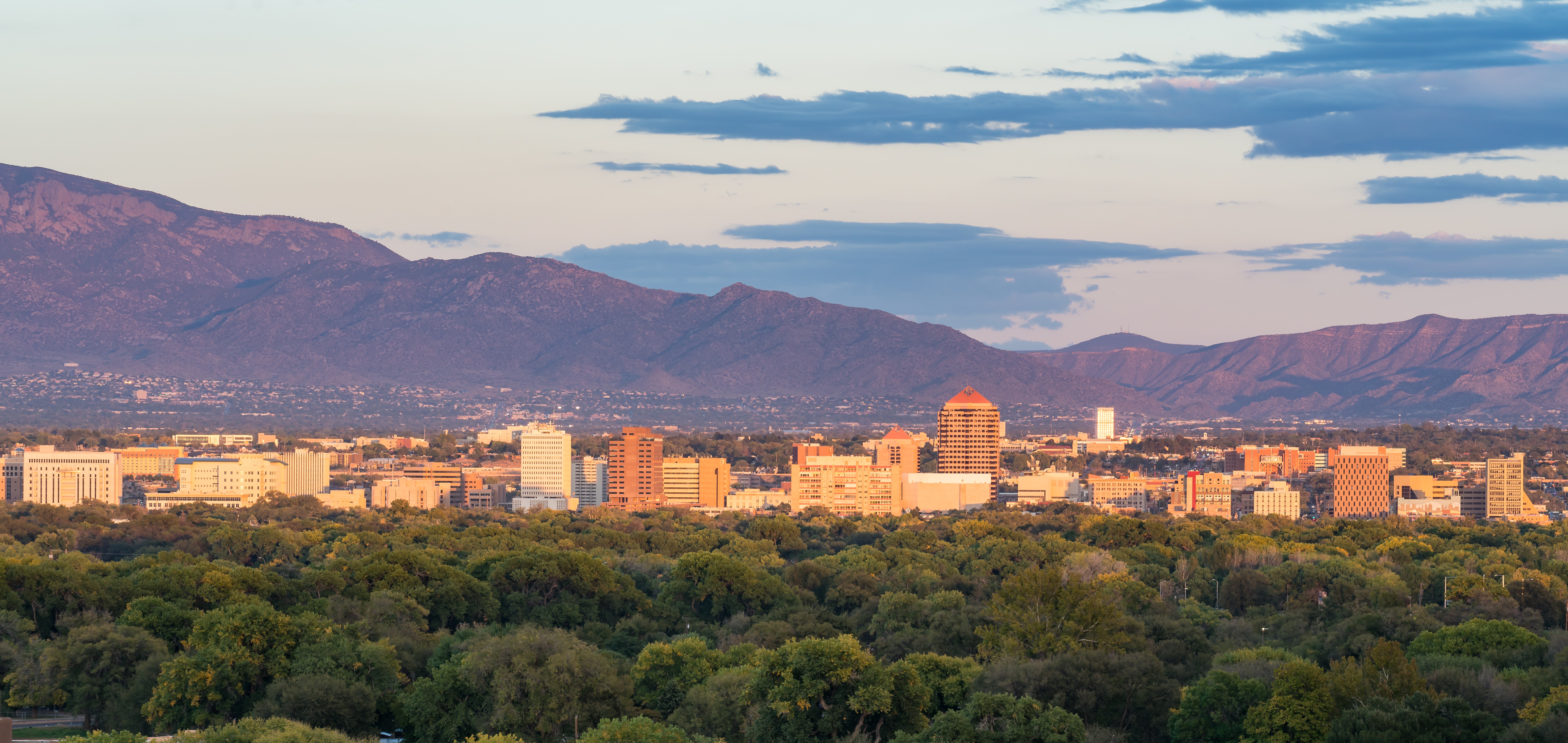
In 2003, New Mexico’s Children, Youth and Families Department (CYFD) decided to shift their financial resources away from residential treatment and incarceration. Instead, they wanted to invest in programs that would keep youth at home and produce more sustainable outcomes. Stakeholders were impressed with MST’s evidence base and results, and decided to implement the program statewide.
Topics: MST Success Stories
3500 Piedmont Rd NE
Suite 310
Atlanta, GA 30305